March 27, 2024 | Dr. Silvana Jakupovic, ND
In the modern world, where the pace of life is ever-accelerating, fertility challenges have become a common hurdle for many. While medical treatments and interventions have their place, many individuals are turning their gaze towards nature, seeking out remedies that have been used for centuries. Among these natural treasures is the Reishi mushroom, a functional mushroom steeped in medicinal properties.
• Reishi for Hormone Balancing
• How Does Reishi Support Fertility?
• How to Use Reishi for Improving Fertility
What are Reishi Mushrooms?
Reishi mushrooms have been a cornerstone of Traditional Chinese Culture for thousands of years, symbolizing longevity and health. Their use was once reserved for royalty, and they were believed to grant eternal youth and significantly improve health. The functional mushroom's depiction in ancient art and scripture underscores its esteemed place in several Eastern civilizations' cultural and medicinal heritage.
The magic of Reishi mushrooms lies in their complex array of bioactive compounds. These include polysaccharides, triterpenoids, peptidoglycans, and beta-glucans, which contribute to the mushroom's potent antioxidant, anti-inflammatory, and immune-modulating properties. Studies have highlighted Reishi's ability to support the immune system, improve sleep quality, reduce stress, and even combat fatigue—factors that are all crucial for overall well-being and, by extension, fertility.
While Reishi mushrooms are not a cure-all, their wide-ranging health benefits make them a valuable supplement for those looking to support their body’s natural functions. From enhancing immune defence to calming the mind, Reishi's attributes position it as a powerful ally in pursuing wellness and, potentially, improved fertility.
Reishi Mushrooms and Fertility – What Does the Science Say?
The inquiry into Reishi mushrooms' effects on fertility is an emerging field, with several studies suggesting potential benefits. Research has primarily focused on Reishi's ability to modulate hormone levels, improve reproductive health, and its antioxidant properties, which are pivotal for fertility.
Reishi for Hormone Balancing
Some studies have indicated that Reishi mushrooms can help regulate hormones by improving the body's ability to adapt to stress, which in turn may positively affect the endocrine system. This balance is crucial for male and female fertility, as it can impact sperm quality and ovulation cycles.
Research suggests that Reishi mushrooms may inhibit the activity of 5-alpha reductase, thereby preventing the conversion of testosterone into dihydrotestosterone (DHT). This more potent androgen can lead to masculinization effects in women [1]. Elevated androgen levels are linked to conditions like Polycystic Ovary Syndrome (PCOS), which affects fertility through irregular menstrual cycles, disrupted ovulation, and compromised egg quality.
Furthermore, Reishi contains terpenes that may enhance estrogen activity [2]. Estrogen plays a crucial role in female fertility, influencing the development of ovulatory follicles and initiating the surge of gonadotropins necessary for ovulation [3]. This evidence suggests that Reishi mushrooms may modulate hormone levels based on an individual's specific needs, potentially offering a natural way to support balance and fertility.
Reishi for Antioxidant Support
Research in animal models has shown that compounds in Reishi mushrooms may improve sperm motility and quality, factors essential for successful conception. While more research is needed to confirm these effects in humans, these findings offer promising insights.
Oxidative stress, characterized by an excess of reactive oxygen species or a shortfall in antioxidants, has been implicated in fertility issues, including sperm damage and male infertility [4]. Research on middle-aged male mice revealed that treatment with Reishi mushrooms led to enhanced serum testosterone levels, increased cell growth, and higher levels of sperm-specific lactate dehydrogenase (LDH-C4), alongside a reduction in markers of age-related cellular demise [5].
Deficiencies in LDH-C4, among other factors, are linked to male fertility challenges. The study also noted a decrease in reactive oxygen species and the pro-apoptotic (cell death-inducing) protein Bax, with a concurrent increase in anti-apoptotic proteins [5]. These findings suggest that Reishi mushrooms may contribute to improved testicular function and structure, attributed to their capacity to mitigate oxidative stress, preserve mitochondrial balance, and diminish cellular apoptosis (death).
It's important to note that while these studies provide a foundation for understanding Reishi's potential benefits, the body of research is still growing, and more comprehensive human studies are needed to draw definitive conclusions.
How Reishi Mushrooms Support Fertility
The underlying mechanisms through which Reishi mushrooms may enhance fertility are multifaceted, reflecting the complex interplay of factors that influence reproductive health.
Immune System Modulation [6]: A well-functioning immune system is vital for successful conception and pregnancy. Reishi's ability to modulate the immune response may help create a more favourable environment for fertility by reducing inflammation and potentially lowering the risk of autoimmune-related fertility issues.
Stress Reduction [6,7]: Chronic stress is a known barrier to fertility, affecting hormone levels and ovulation. Reishi mushrooms have been shown to possess adaptogenic qualities, helping the body manage stress more effectively. By mitigating stress, Reishi may indirectly support hormonal balance and improve conditions for conception.
Detoxification and Liver Health [6]: The liver plays a critical role in hormonal balance by processing and eliminating excess hormones from the body. Therefore, Reishi's support for liver function may contribute to a more balanced hormonal environment, optimizing fertility.
Alternative and Supportive Natural Remedies for Fertility
Reishi mushrooms can be part of a broader natural approach to enhancing fertility, which may also include:
Diet and Nutrition: A balanced diet rich in antioxidants, vitamins, and minerals supports overall health and fertility. Foods like leafy greens, nuts, seeds, and berries are particularly beneficial.
Exercise: Regular, moderate exercise can help maintain a healthy weight and reduce stress, improving fertility outcomes.
Stress Management: Techniques such as yoga, meditation, and mindfulness can help manage stress, positively impacting fertility.
Other Supplements: Vitamins D and B12, folic acid, and omega-3 fatty acids have been shown to support fertility in both men and women. Like with Reishi, consult with a healthcare provider before starting any new supplements.
Incorporating Reishi into Your Supplement Routine
When considering Reishi Mushroom Supplements for fertility enhancement, it's crucial to approach this supplement with informed caution. Quality matters, as does the form in which you take Reishi (e.g., powder, capsule, or tea). Consulting with a healthcare provider familiar with natural supplements is the best way to ensure that Reishi is a suitable and safe option for your specific fertility journey.
The potential of Reishi mushrooms to support fertility is grounded in both traditional use and emerging scientific evidence. By addressing key factors such as hormone balance, oxidative stress, and stress management, Reishi mushrooms offer a holistic approach to enhancing fertility, warranting further exploration for those seeking natural support in their reproductive health journey.
Remember, the fertility journey is personal and unique to each individual or couple. Consulting with healthcare providers and considering both traditional and contemporary remedies can provide the best path forward. We invite our readers to share their experiences and insights on using Reishi mushrooms and other natural remedies for fertility, fostering a community of support and knowledge sharing.
Related Articles:
Balancing Hormones Naturally: Weight Loss, PCOS & Fertility Support with Functional Mushrooms - Podcast

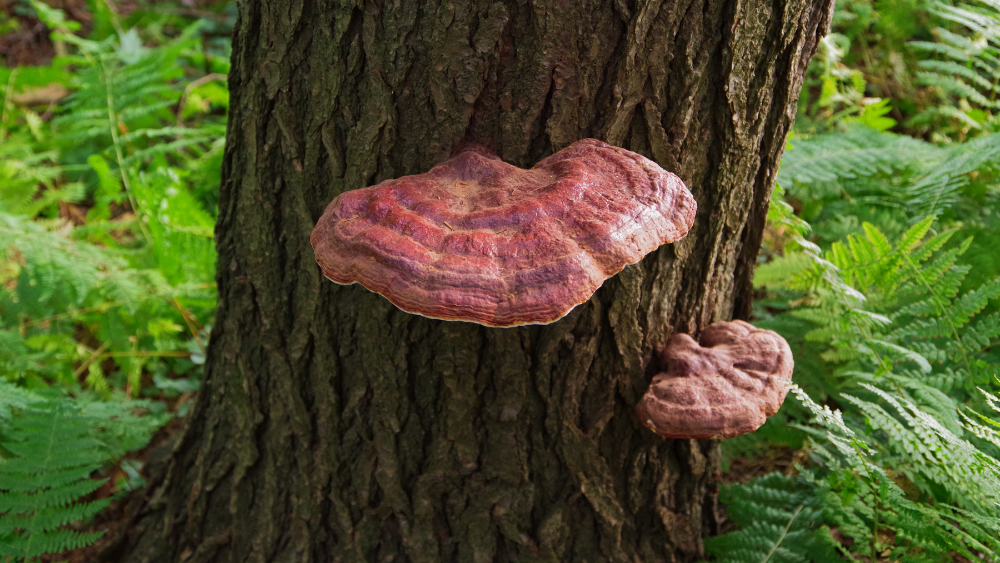




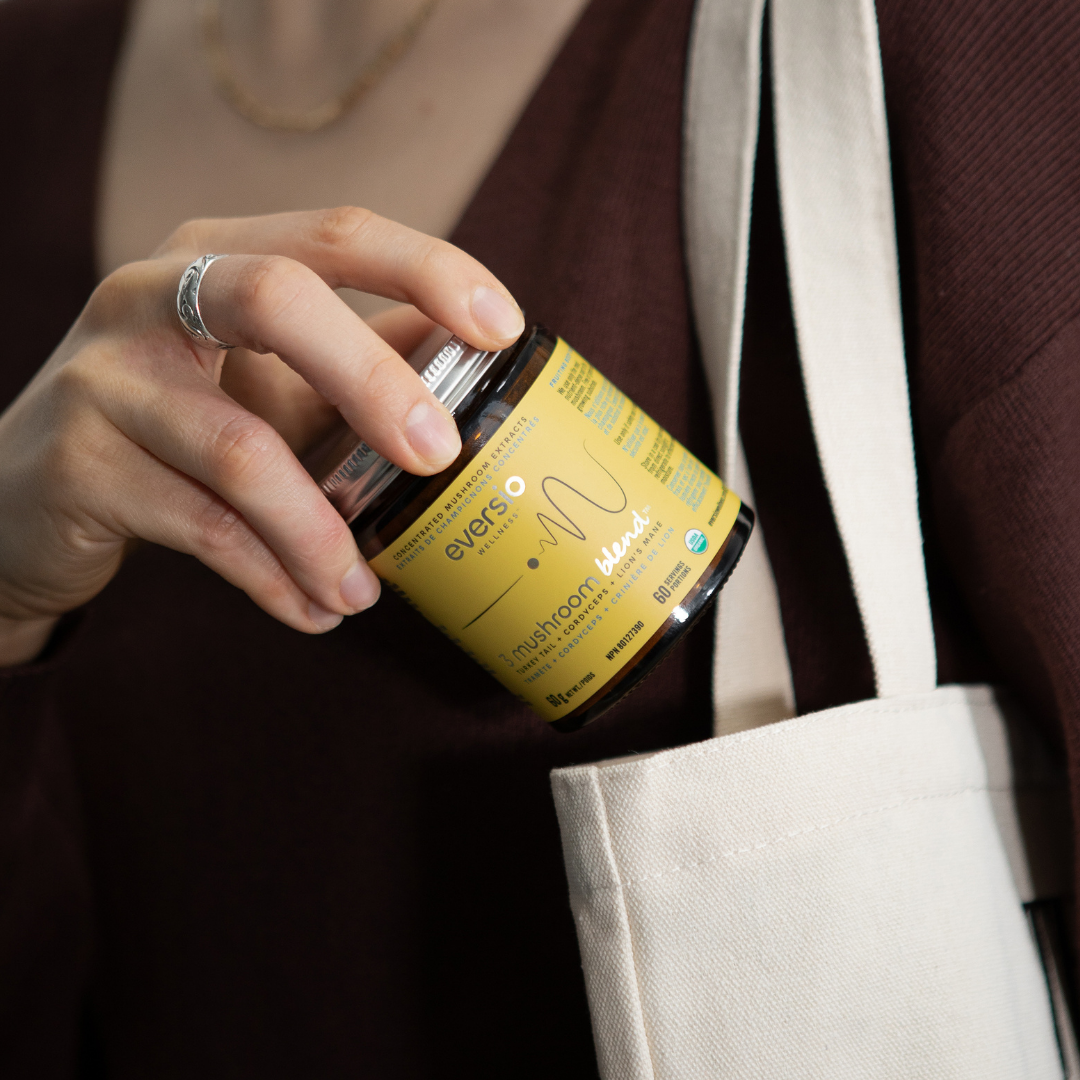

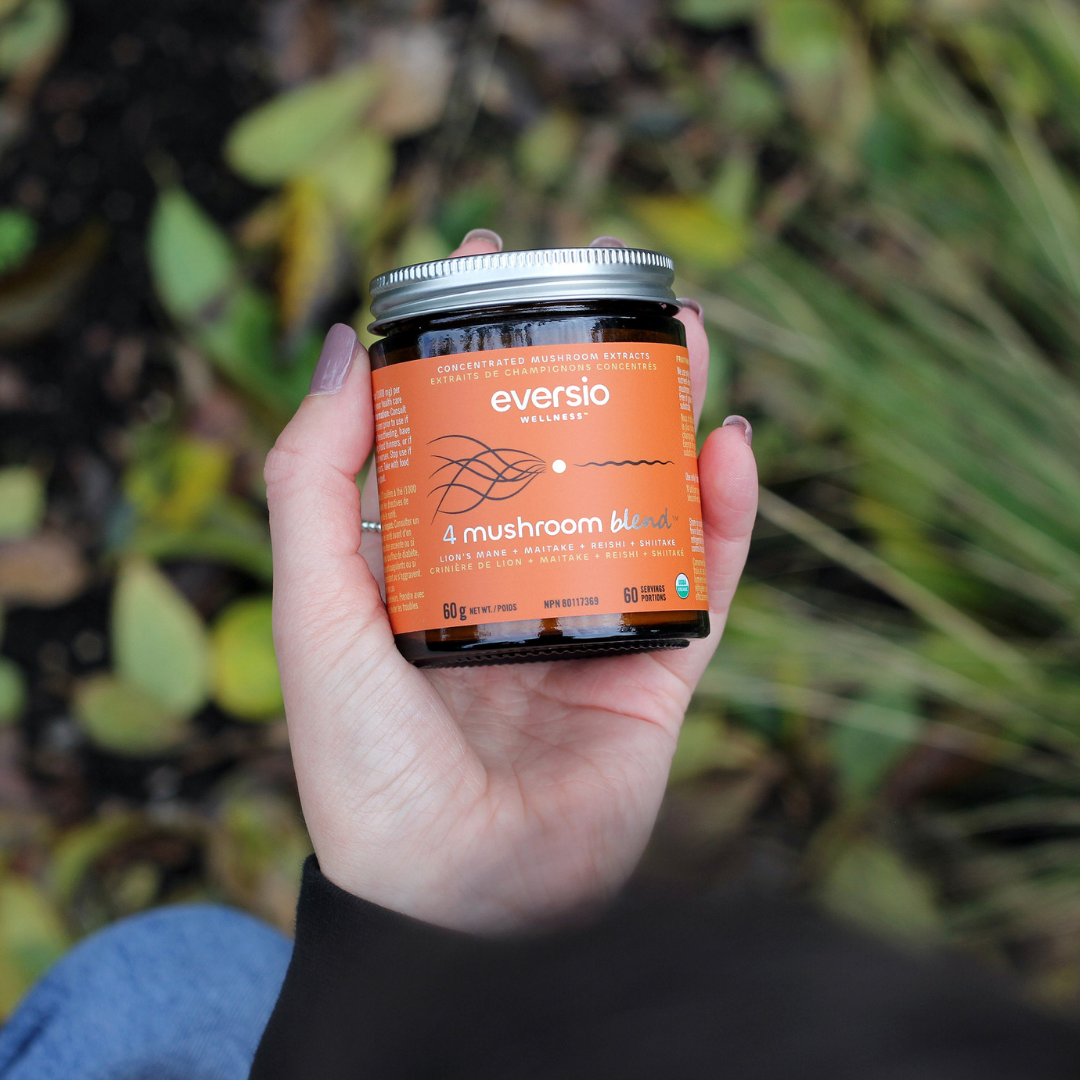



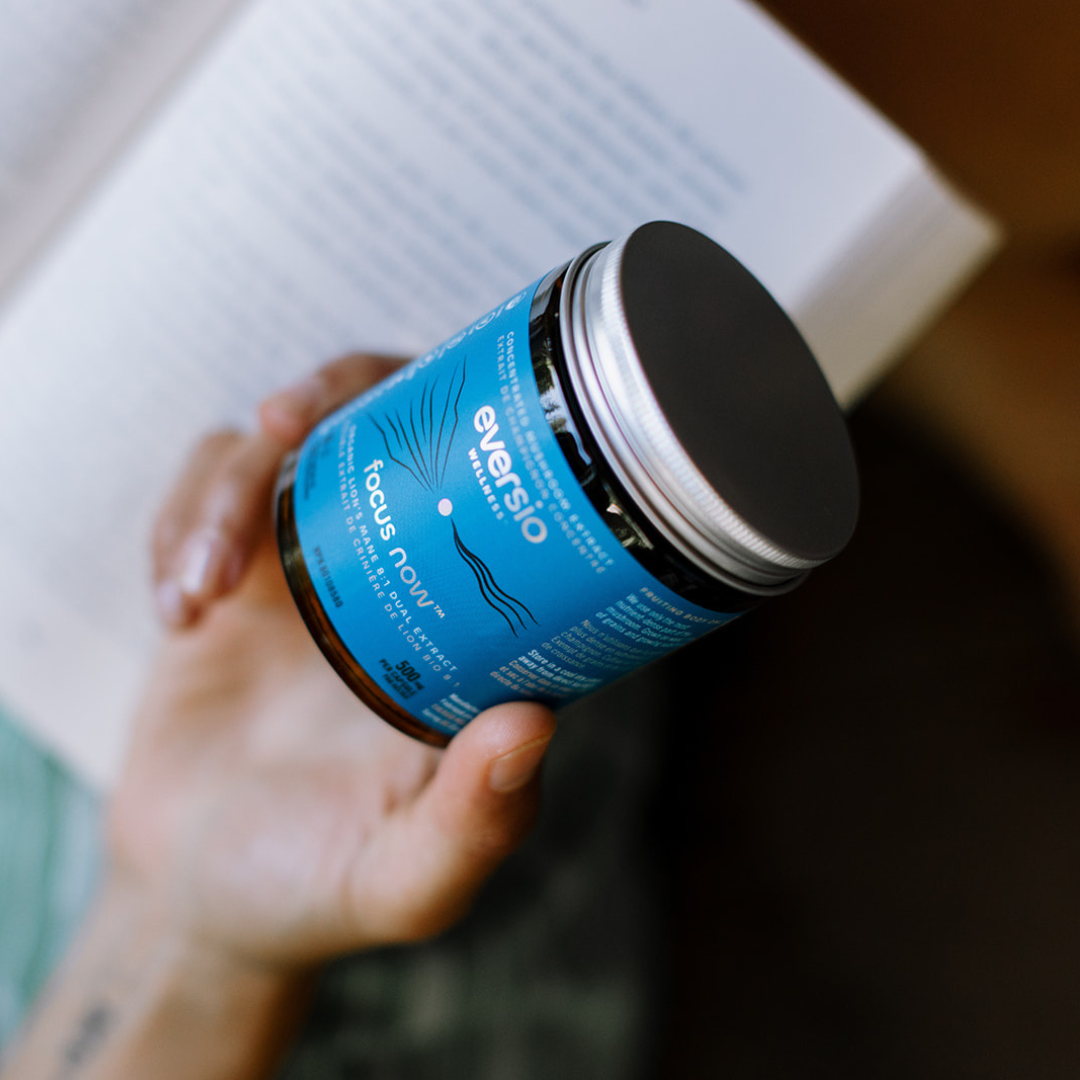

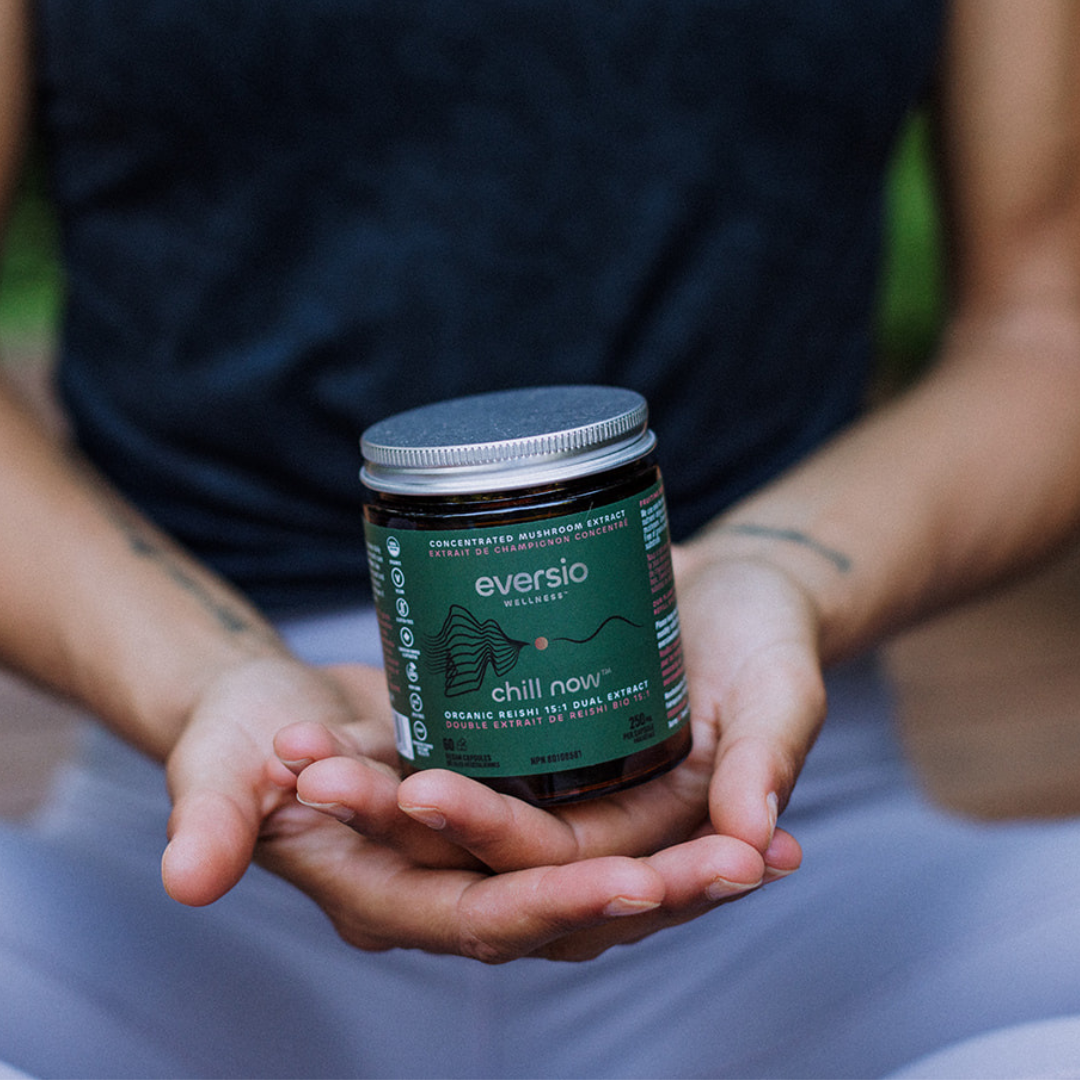








Leave a comment
All comments are moderated before being published.
This site is protected by hCaptcha and the hCaptcha Privacy Policy and Terms of Service apply.